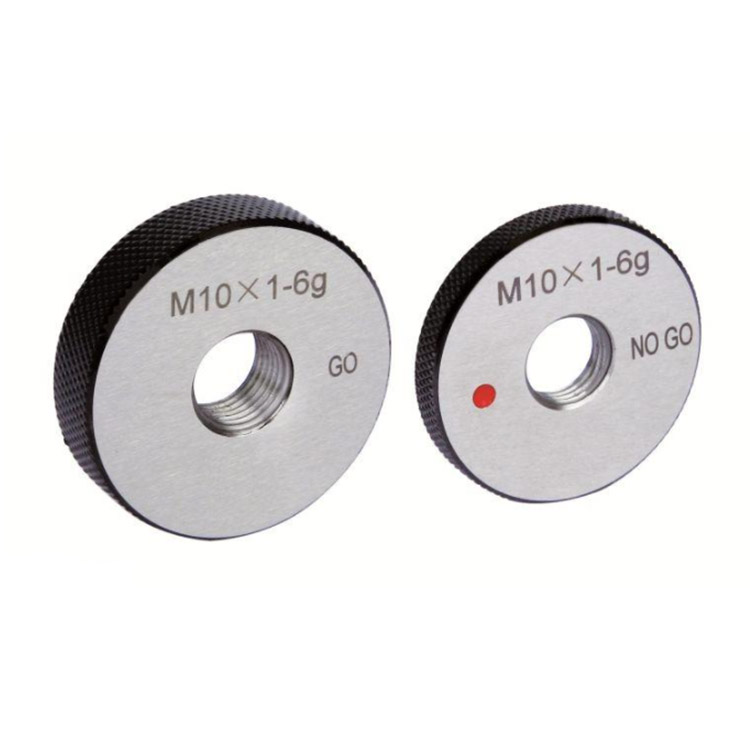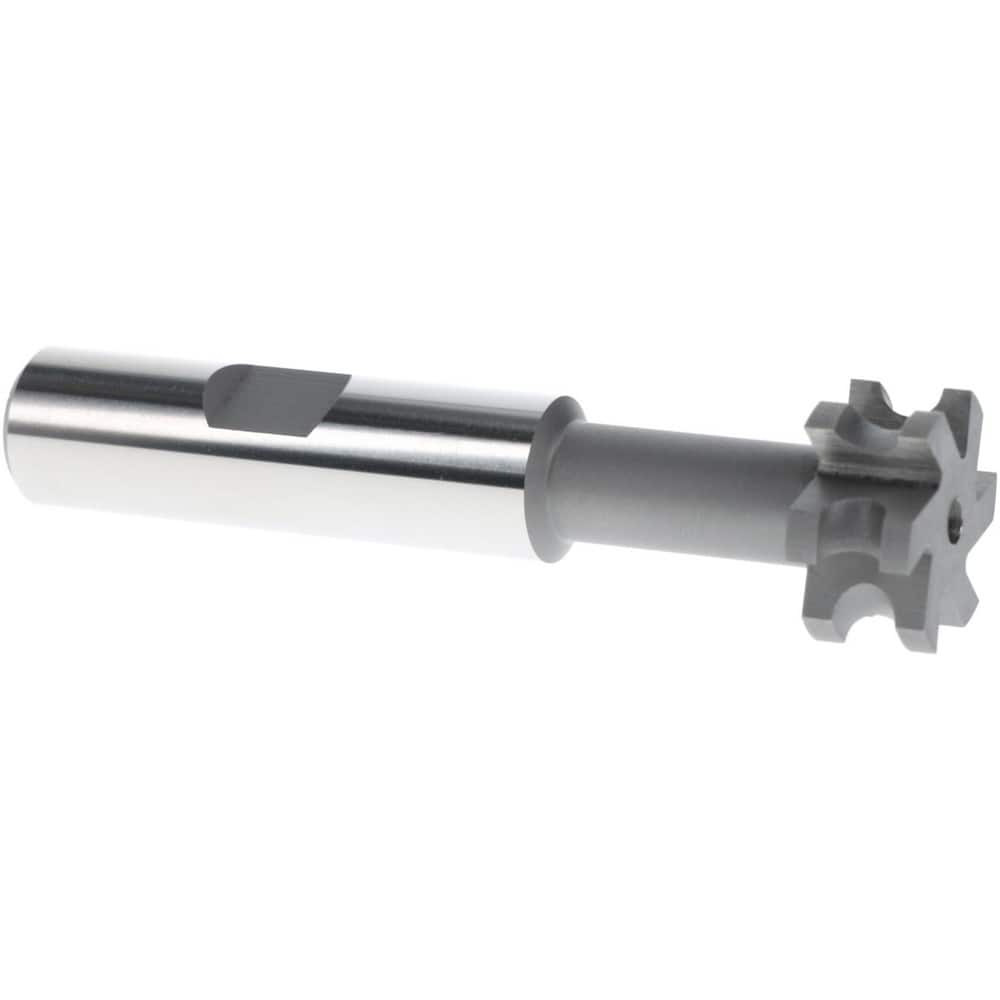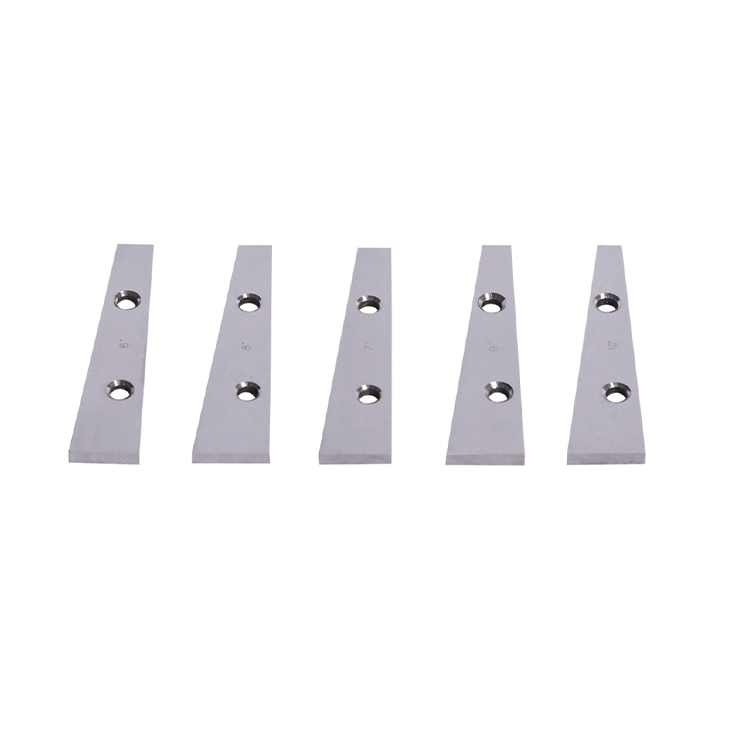Depth Gauge Suppliers
Finding reliable depth gauge suppliers can be challenging. This guide provides a comprehensive overview of different types of depth gauges, factors to consider when choosing a supplier, and a comparison of top suppliers in the market, ensuring you make an informed decision.
Understanding Depth Gauges
A depth gauge is a precision instrument used to measure the depth of holes, grooves, recesses, and other features in a workpiece. They are essential tools in manufacturing, machining, quality control, and various other industries requiring accurate depth measurements.
Types of Depth Gauges
- Digital Depth Gauges: Offer digital readouts for precise measurements and often include features like zeroing, preset values, and unit conversion.
- Dial Depth Gauges: Use a dial indicator to display measurements, providing analog readings with high accuracy.
- Vernier Depth Gauges: Feature a vernier scale for manual reading, offering a robust and reliable option for various applications.
- Mechanical Depth Gauges: Simple, robust gauges ideal for quick, less precise measurements.
- Ultrasonic Depth Gauges: Use sound waves to measure distances, suitable for liquids and enclosed spaces.
Factors to Consider When Choosing Depth Gauge Suppliers
Selecting the right depth gauge suppliers is crucial for ensuring the quality and accuracy of your measurements. Consider the following factors:
- Product Range: Does the supplier offer a variety of depth gauges to meet your specific needs?
- Accuracy and Precision: Ensure the gauges meet the required accuracy and precision standards for your application.
- Quality and Durability: Look for suppliers that offer gauges made from high-quality materials for long-lasting performance.
- Price and Value: Compare prices from different suppliers and consider the overall value, including features, accuracy, and durability.
- Customer Support: Choose a supplier with excellent customer support and technical assistance.
- Delivery Time: Check delivery times and shipping options, especially if you have urgent requirements.
- Reputation and Reviews: Research the supplier's reputation and read customer reviews to gauge their reliability and service quality.
Top Depth Gauge Suppliers in the Market
Here's a comparison of some leading depth gauge suppliers, offering a range of options to suit different needs and budgets. Keep in mind that Wayleading Tools offers excellent depth gauges for a variety of applications.
Mitutoyo
Mitutoyo is a well-known Japanese manufacturer of precision measuring instruments. They are recognized for high precision and reliability.
- Pros: Wide range of products, high accuracy, excellent quality.
- Cons: Relatively high price.
- Example Product: Mitutoyo 547-218 Digital Depth Gauge (Accuracy: ±0.0005')
Starrett
Starrett is an American manufacturer with a long history of producing high-quality measuring tools.
- Pros: Durable construction, reliable performance, good customer support.
- Cons: Can be expensive.
- Example Product: Starrett 449A-6 Digital Depth Gauge (Accuracy: ±0.001')
Mahr
Mahr is a German company known for its innovative and precise measuring solutions.
- Pros: Advanced technology, high accuracy, wide range of applications.
- Cons: Higher price point.
- Example Product: Mahr Federal 4103000 Micromar 40 EWRi Digital Depth Gauge (Accuracy: ±0.0005')
iGaging
iGaging offers affordable and reliable measuring tools for hobbyists and professionals.
- Pros: Good value for money, decent accuracy, user-friendly design.
- Cons: May not be as durable as higher-end brands.
- Example Product: iGaging Digital Depth Gauge (Accuracy: ±0.001')
Fowler
Fowler offers a comprehensive selection of precision measuring instruments, including depth gauges, known for their accuracy and durability.
- Pros: Wide range of products, good accuracy, competitive pricing.
- Cons: Some models may lack advanced features.
- Example Product: Fowler Xtra-Value Electronic Depth Gauge (Accuracy: ±0.001')
Choosing the Right Depth Gauge for Your Application
The best depth gauge depends on your specific needs and the requirements of your application. Consider the following factors:
- Required Accuracy: Determine the level of accuracy required for your measurements.
- Measurement Range: Ensure the gauge has a sufficient measurement range for your needs.
- Type of Material: Consider the type of material you will be measuring and choose a gauge that is compatible.
- Frequency of Use: For frequent use, invest in a more durable and reliable gauge.
- Budget: Set a budget and find a gauge that offers the best value for your money.
Depth Gauge Comparison Table
| Supplier | Product Example | Accuracy | Pros | Cons |
|---|---|---|---|---|
| Mitutoyo | 547-218 Digital Depth Gauge | ±0.0005' | High accuracy, wide range | High price |
| Starrett | 449A-6 Digital Depth Gauge | ±0.001' | Durable, reliable | Can be expensive |
| Mahr | Micromar 40 EWRi Digital Depth Gauge | ±0.0005' | Advanced Tech, High Accuracy | Higher Price |
| iGaging | Digital Depth Gauge | ±0.001' | Good value | Less durable |
| Fowler | Xtra-Value Electronic Depth Gauge | ±0.001' | Wide range, good accuracy | Lacks advanced features |
Why Choose Wayleading Tools?
At Wayleading Tools, we are committed to providing high-quality measuring tools to meet your needs. We offer a wide range of depth gauges and other precision instruments to meet all of your needs.
We offer a range of depth gauges and are committed to providing you with great customer service.
Conclusion
Choosing the right depth gauge suppliers is crucial for ensuring the accuracy and reliability of your measurements. Consider your specific needs, budget, and application requirements when selecting a supplier. By carefully evaluating the factors discussed in this guide, you can find the perfect depth gauge for your needs and ensure accurate and consistent results.
Related products
Related products
Best selling products
Best selling products-
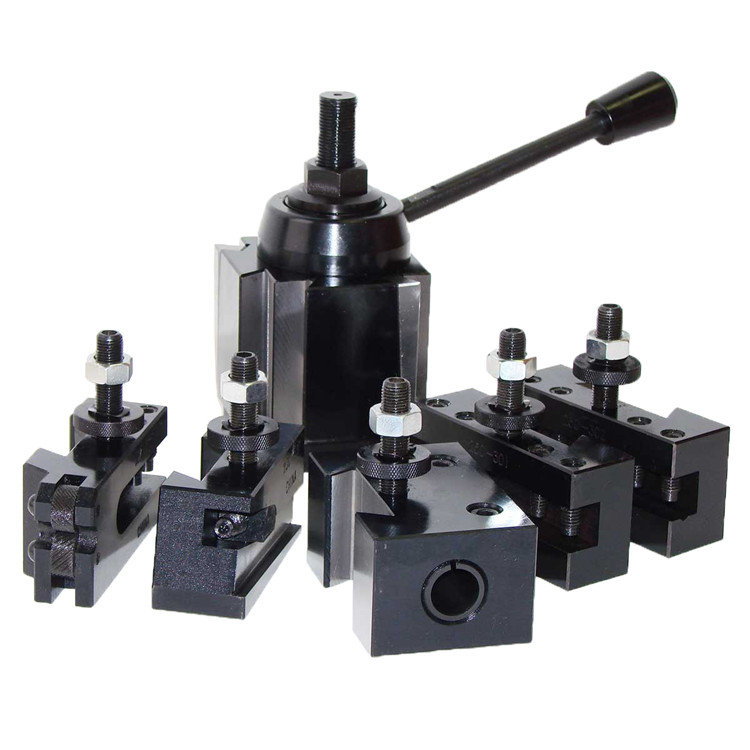 Wedge Type Quick Change Tool Post Set In lathe Machine
Wedge Type Quick Change Tool Post Set In lathe Machine -
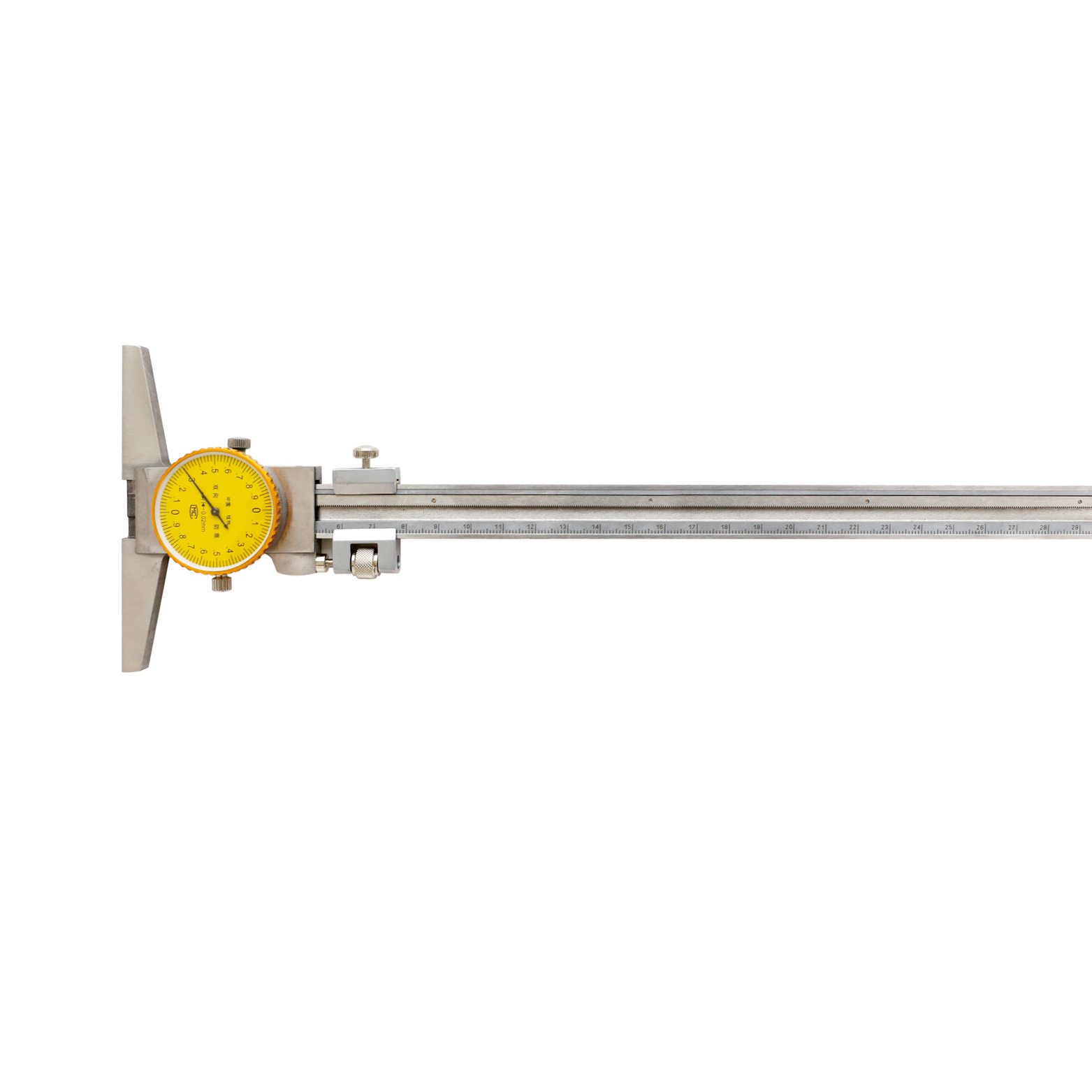 Dial Depth Gauge With Stainless Steel For Industrial Type
Dial Depth Gauge With Stainless Steel For Industrial Type -
 Precision Digital Bore Guage From 6-450mm Range
Precision Digital Bore Guage From 6-450mm Range -
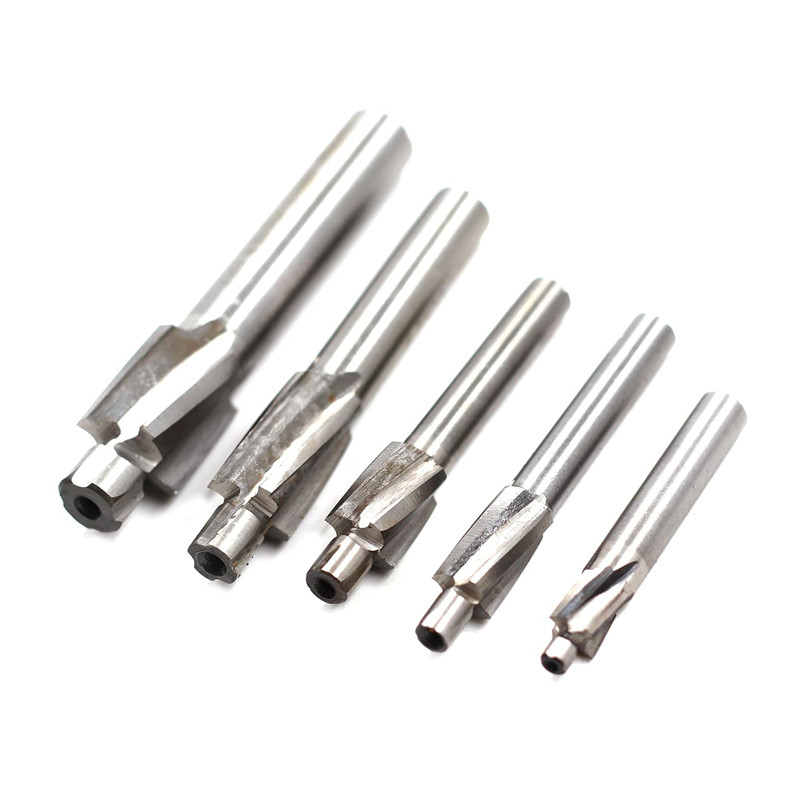 3 Flutes HSS Counterbore Drill Bit With Metric And Inch Size
3 Flutes HSS Counterbore Drill Bit With Metric And Inch Size -
 APKT Milling Insert For Indexable Milling Cutter
APKT Milling Insert For Indexable Milling Cutter -
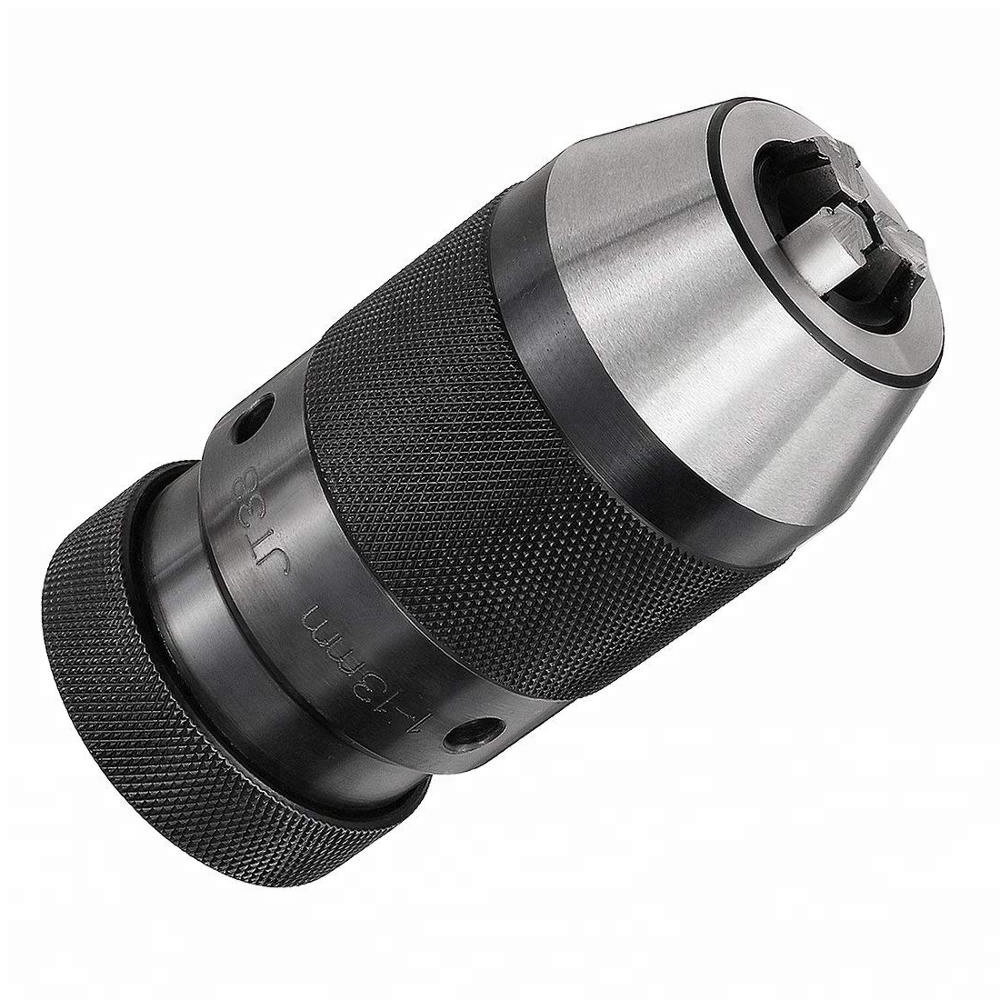 Keyless Drill Chuck With Heavy Duty Type
Keyless Drill Chuck With Heavy Duty Type -
 Deburring Tool Blades Using For Deburring
Deburring Tool Blades Using For Deburring -
 Type C Cylinder Ball Nose Tungsten Carbide Rotary Burr
Type C Cylinder Ball Nose Tungsten Carbide Rotary Burr -
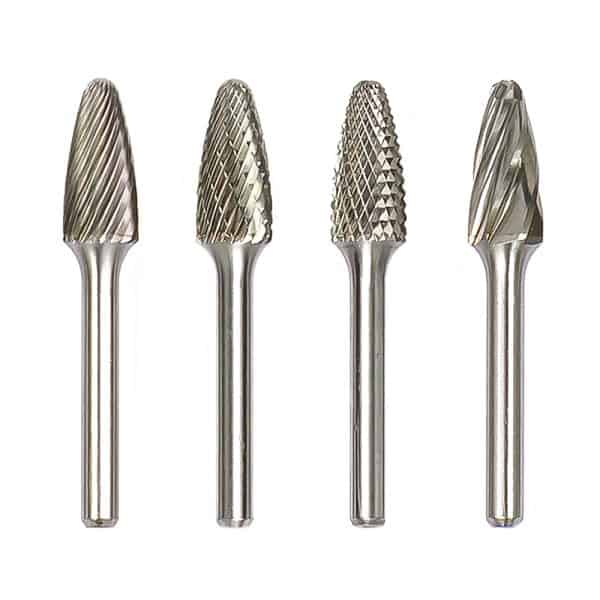 Type F Ball Nose Tree Tungsten Carbide Rotary Burr
Type F Ball Nose Tree Tungsten Carbide Rotary Burr -
 Precision 2pcs Angle Blocks Set With High Quality Type
Precision 2pcs Angle Blocks Set With High Quality Type -
 Type A Cylinder Tungsten Carbide Rotary Burr
Type A Cylinder Tungsten Carbide Rotary Burr -
 Precision Dial Test Indicator Holder For Industrial
Precision Dial Test Indicator Holder For Industrial

